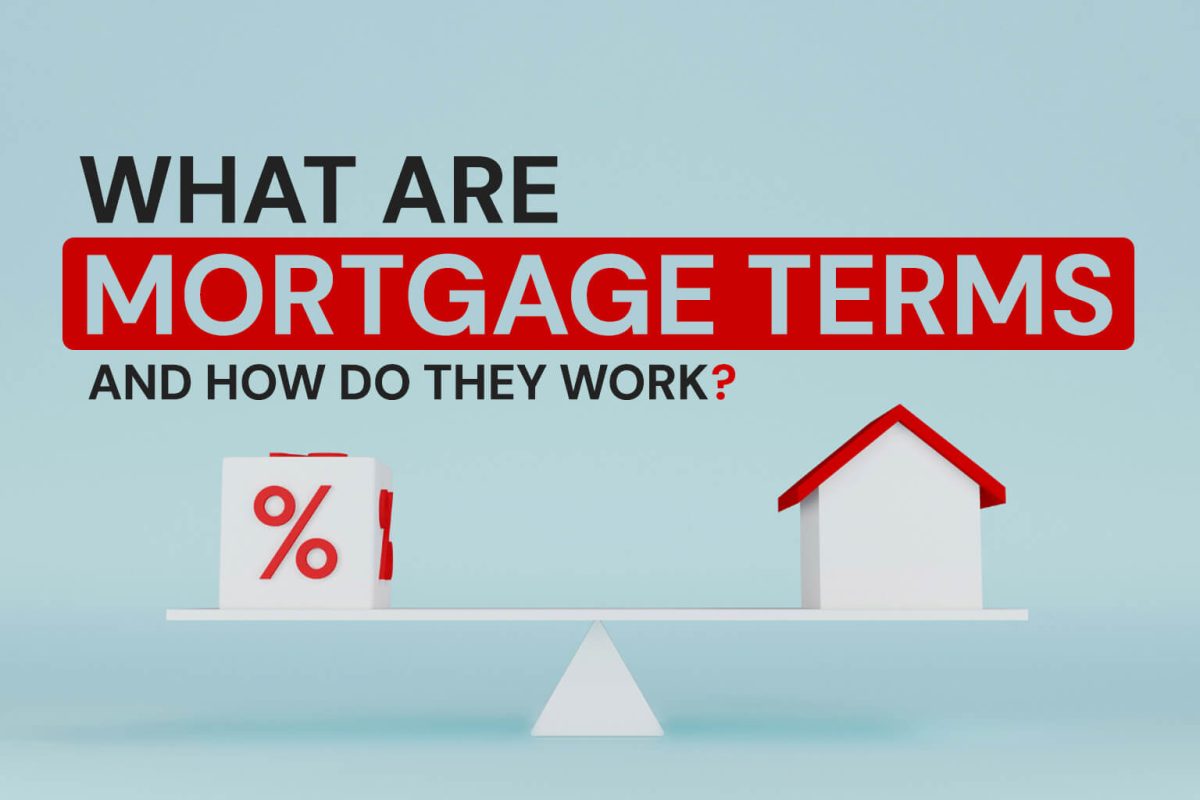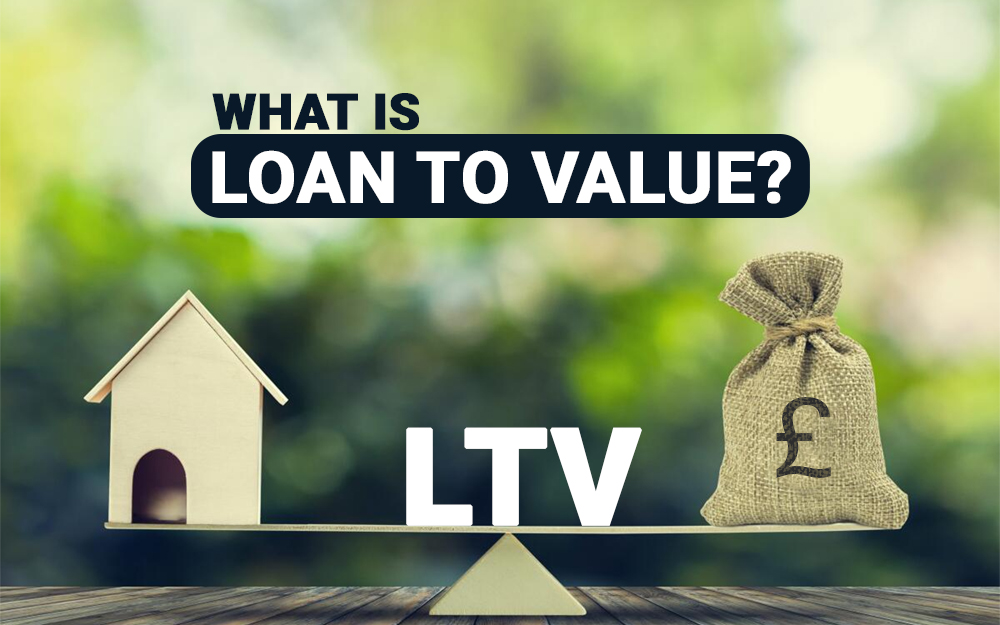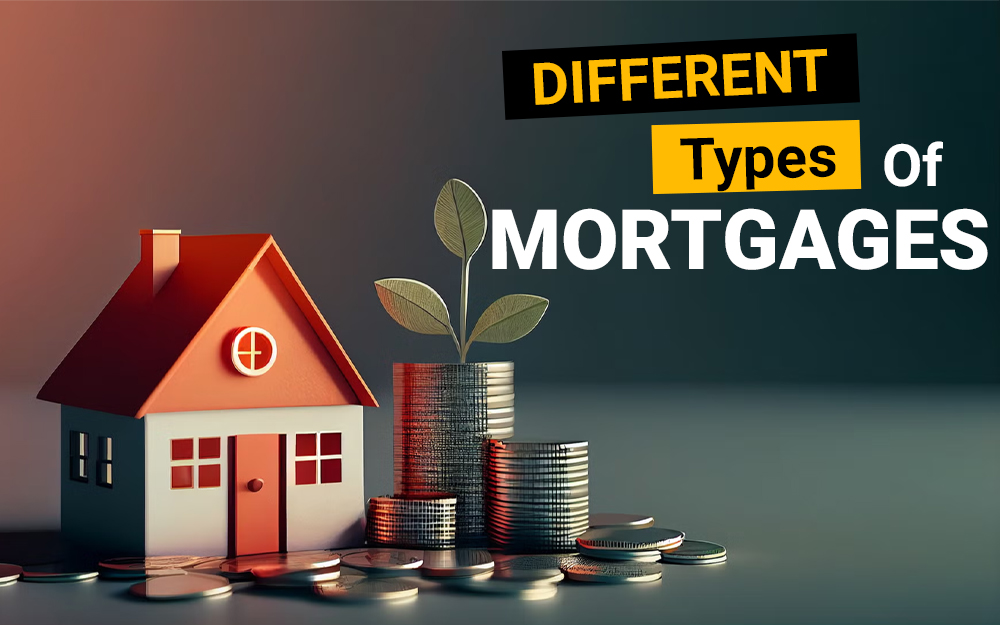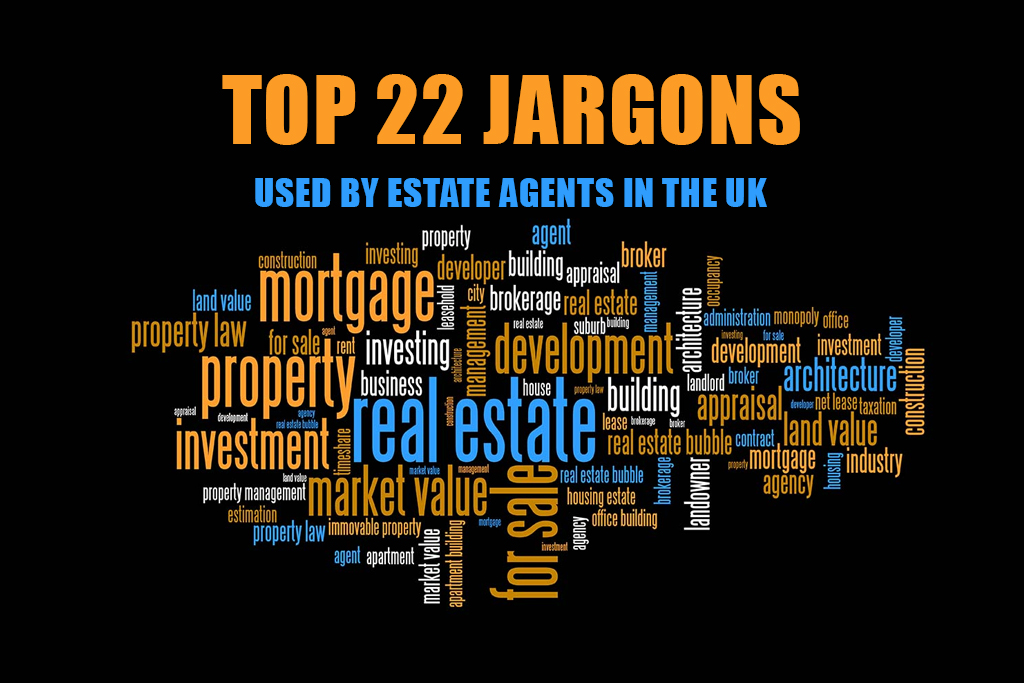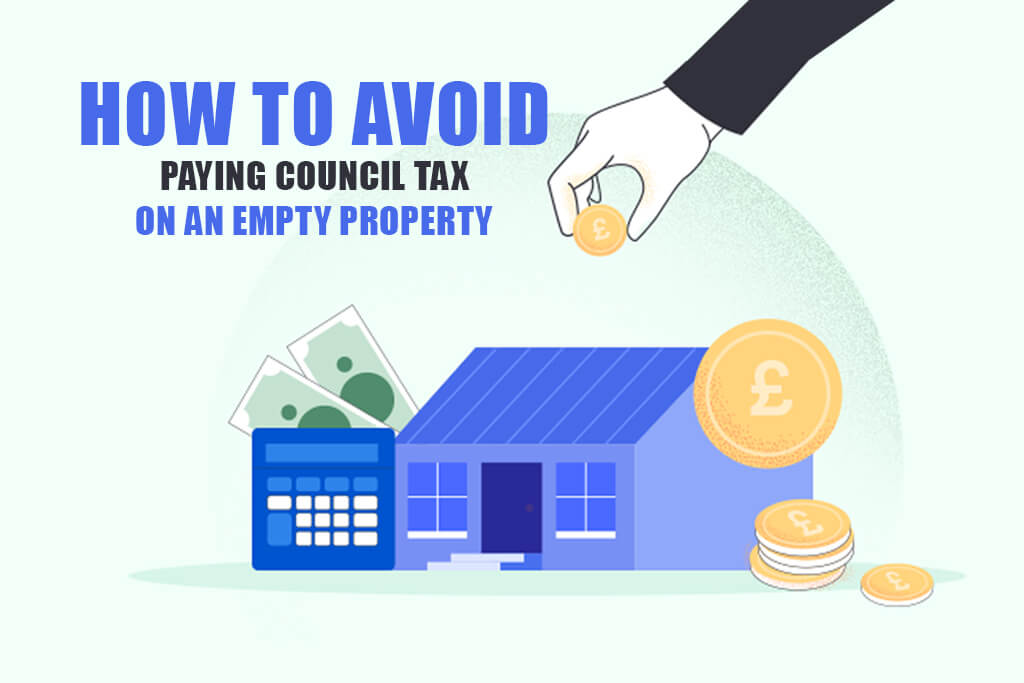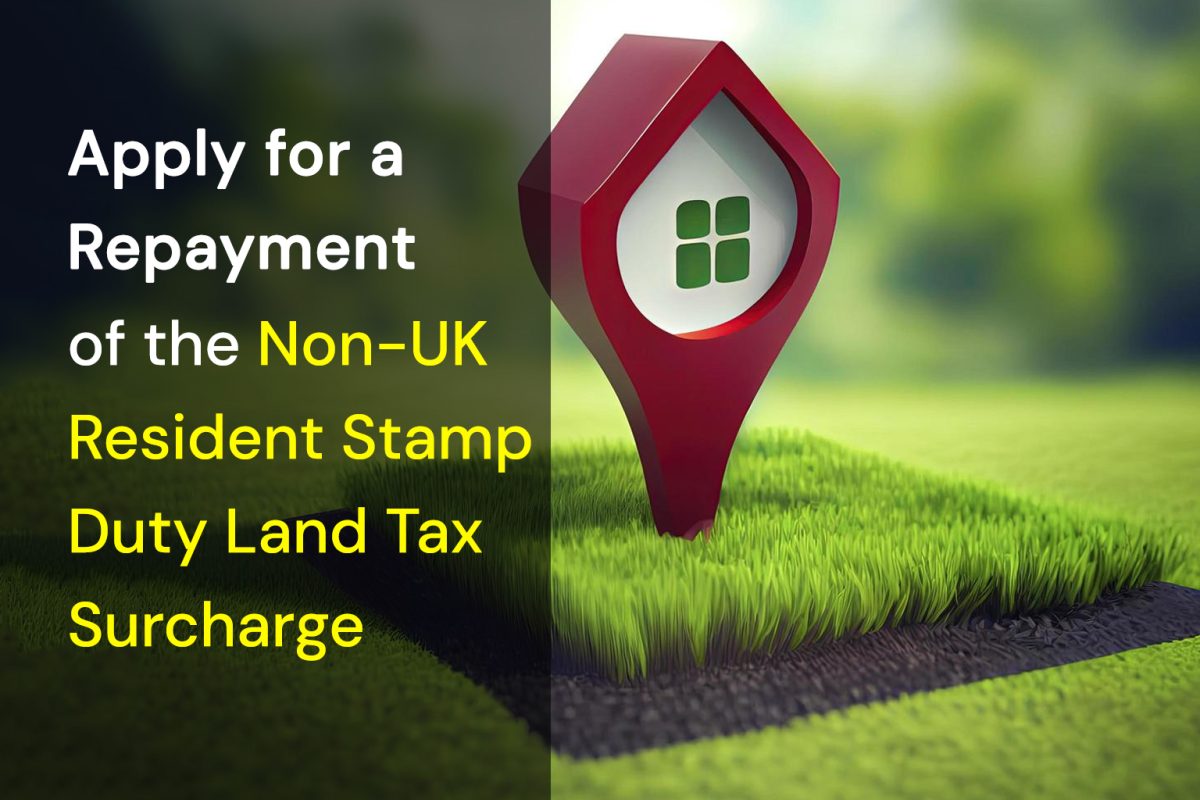What is Property Investor Show 2024? The Property Investor Show 2024 is the UK's largest and longest-running exhibition focused on property investment, both in the UK and internationally. Scheduled for the 4th and 5th of October 2024 at ExCeL London, this event brings together a broad audience, including investors, landlords, homebuyers, and other property professionals, to explore the latest trends, opportunities, and insights in the real estate market. Event Details and Schedule Dates and Times: Friday 4th October: 10.00 am – 6.00 pmSaturday 5th October: 10.00 am – 5.00 pm Venue: ExCeL London, Royal Victoria Dock, 1 Western Gateway, London...
Read MoreEverything You Need to Know About The Property Investor Show 2024
The Property Investor Show: The UK’s Premier Property Investment Event The Property Investor Show is returning on 4th and 5th October 2024 at ExCeL London. As the UK’s largest exhibition for property investment, it’s the go-to event for anyone serious about investing in both UK and international property. Whether you’re an experienced landlord, a new investor, or simply curious about investment property, this is the event to attend. Key Event Details: Dates: Friday 4th October, 10.00am – 6.00pm | Saturday 5th October, 10.00am – 5.00pmLocation: ExCeL London, Hall Entrance N4, West EntranceTransport: Nearest station – Custom House (Elizabeth line and...
Read MoreThe Ultimate Guide to The Property Investor Show 2024
What is The Property Investor Show 2024? The Property Investor Show 2024 is the UK's largest and most comprehensive property investment event, taking place on 4th and 5th October 2024 at ExCeL London. It’s designed for property investors, landlords, home buyers, and professionals looking to learn, network, and explore the latest trends in UK property investment. Why Should You Attend The Property Investor Show 2024? Expert Guidance and Education: Access 80+ free seminars and live speaker sessions that cover everything from property investment strategies to tax implications, legal frameworks, and finance options. Learn directly from industry experts to make informed...
Read MoreWhat Are Mortgage Terms and How Do They Work?
When applying for a mortgage, one of the key considerations is the mortgage term. The mortgage term refers to the number of years over which you agree to repay the loan, along with the interest. Choosing the right mortgage term is crucial, as it affects your monthly payments, the total interest paid, and potentially your financial planning into retirement. Understanding Mortgage Terms A longer mortgage term generally results in lower monthly payments, but you end up paying more interest over the life of the loan. Conversely, a shorter term means higher monthly payments but less interest paid overall. The choice...
Read MoreWhat Are the Current UK Mortgage Rates?
Current Mortgage and Interest Rates Overview As of now, the Bank of England's Base Rate is 5.25%, held steady since August 2023. Recent trends show a decline in average mortgage rates, largely due to increased competition among lenders. Notably, the average rate for a five-year fixed mortgage is currently 4.88%, while the two-year fixed rate stands at 5.27%. These figures reflect a decrease from the previous week's rates, indicating a favorable trend for borrowers. Mortgage Rates by Loan-to-Value (LTV) Ratios Mortgage rates vary significantly depending on the LTV ratio, which represents the size of the mortgage in relation to the...
Read MoreWhat is Loan to Value (LTV)?
Understanding Loan to Value Ratio Loan to Value (LTV) ratio is a key concept in the mortgage world. It represents the percentage of the property's value that you are borrowing through a mortgage. For example, if you're purchasing a home worth £200,000 and have a £20,000 deposit, your mortgage would be £180,000, making your LTV 90%. LTV is a crucial factor for lenders as it helps determine the risk associated with the loan. How to Calculate LTV Ratio To calculate the LTV ratio, divide the amount of the mortgage by the total value of the property and then multiply by...
Read MoreUnderstanding the Different Types of Mortgages
Choosing the right mortgage is a crucial decision when buying a home. While you can select a mortgage independently, many people opt for advice from mortgage brokers or lenders. It's essential to understand the various types of mortgages available to make an informed choice. Here, we cover the main types of mortgages in the UK and their key features. Fixed-Rate Mortgages Fixed-rate mortgages offer a stable interest rate for a set period, typically ranging from two to ten years or more. During this time, your monthly payments remain unchanged, providing predictability and financial stability. Pros of Fixed-Rate Mortgages Fixed-rate mortgages...
Read MoreTop 22 Jargons Used by Estate Agents in the UK
Understanding the specific language used by estate agents can be challenging for those unfamiliar with the industry. Estate agents often use terms and abbreviations that are unique to the property market, which can lead to confusion for buyers and sellers. Here, we explain some of the most commonly used jargons to help you navigate the property buying and selling process more easily. 1. Appraisal An appraisal is an objective assessment of a property's market value. It is essential in real estate transactions as it helps establish a property's fair price, which can influence buying, selling, or securing a mortgage. Appraisals...
Read MoreHow to Avoid Paying Council Tax on an Empty Property
Understanding Council Tax Council tax is a local tax set by the council and applies to all residential properties. The amount depends on your property's value, whether it's a house for sale or an occupied residence. Generally, the more valuable your property, the higher the council tax. Even if a property is unoccupied, owners are usually required to pay council tax. Council Tax on Empty Properties If you own an empty property, council tax is still applicable. However, some councils offer discounts or exemptions for certain circumstances. For instance, properties that have been empty for two years or more might...
Read MoreApply for a Repayment of the Non-UK Resident Stamp Duty Land Tax Surcharge in England and Northern Ireland
Check if you can and how to apply for a repayment if you’re a non-residential purchaser of property in England and Northern Ireland. Who Can Apply You or your estate agents can apply for a repayment of the surcharge paid on a property if all the purchasers are individuals and have spent 183 days in the UK in any continuous 365-day period: Starting no more than 364 days before the effective date of the transaction.Ending no more than 365 days after the effective date of the transaction. The effective date of the transaction is usually the completion date. You must...
Read More


